I’m A Vegetarian: Here Are 23 High-Protein Foods That Are Always In My Cart
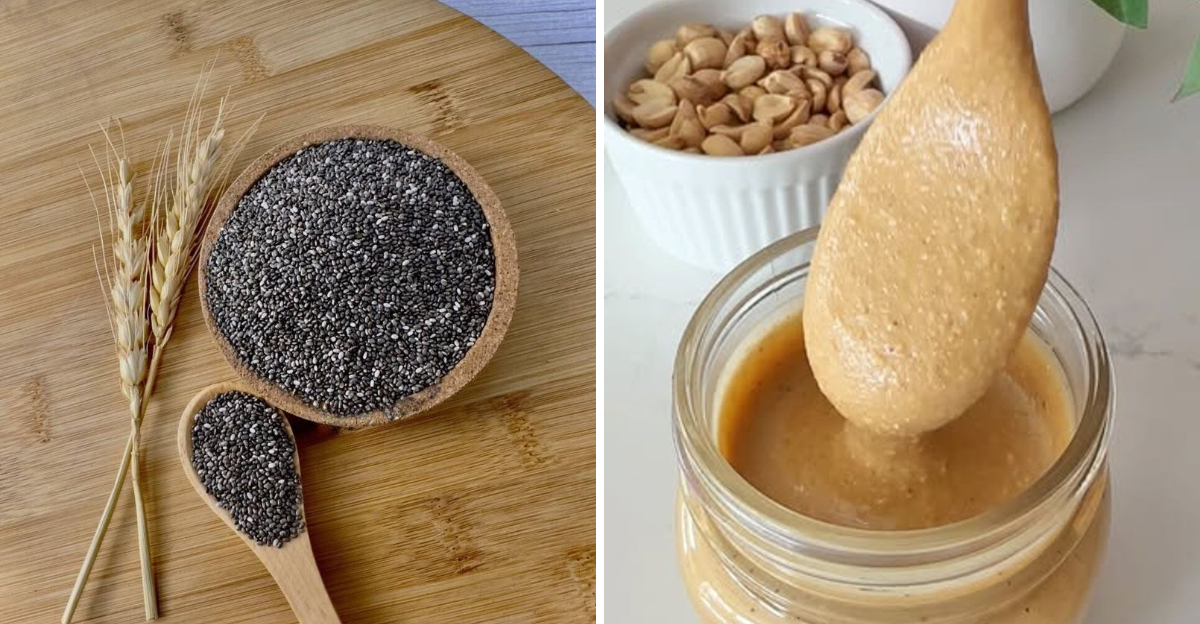
Being a vegetarian doesn’t mean you have to miss out on protein. In fact, there are plenty of options that can help you meet your nutritional needs without any meat. Here, I share my top 23 high-protein foods that I always keep stocked in my cart. Each one adds variety and taste to my meals while ensuring I keep my protein intake up. Whether you’re a seasoned vegetarian or just starting out, these foods are sure to become staples in your pantry.
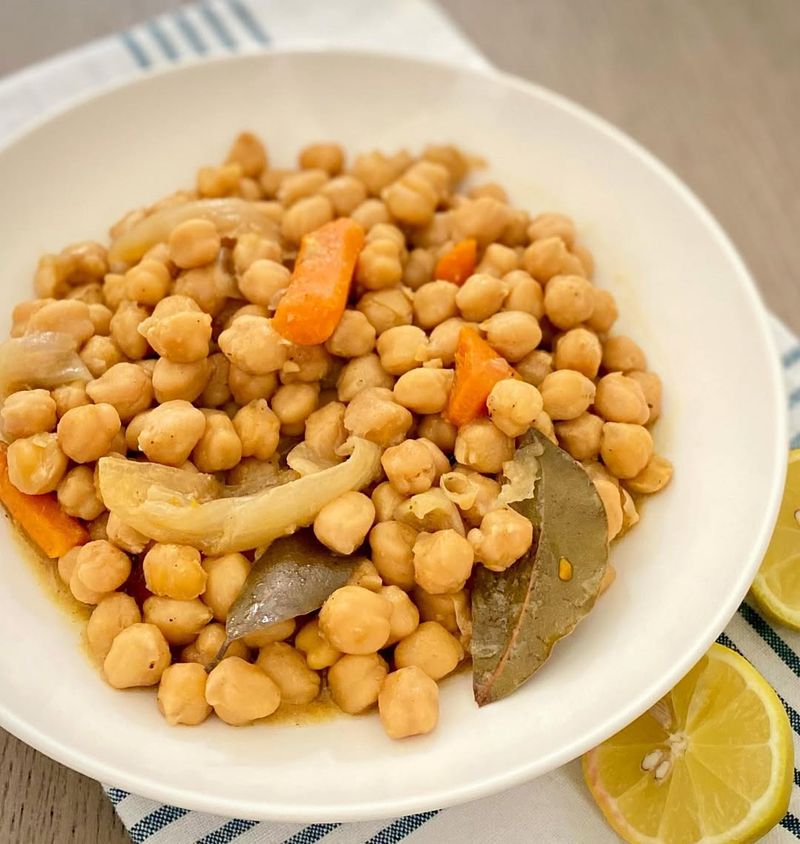
© greek_recipes 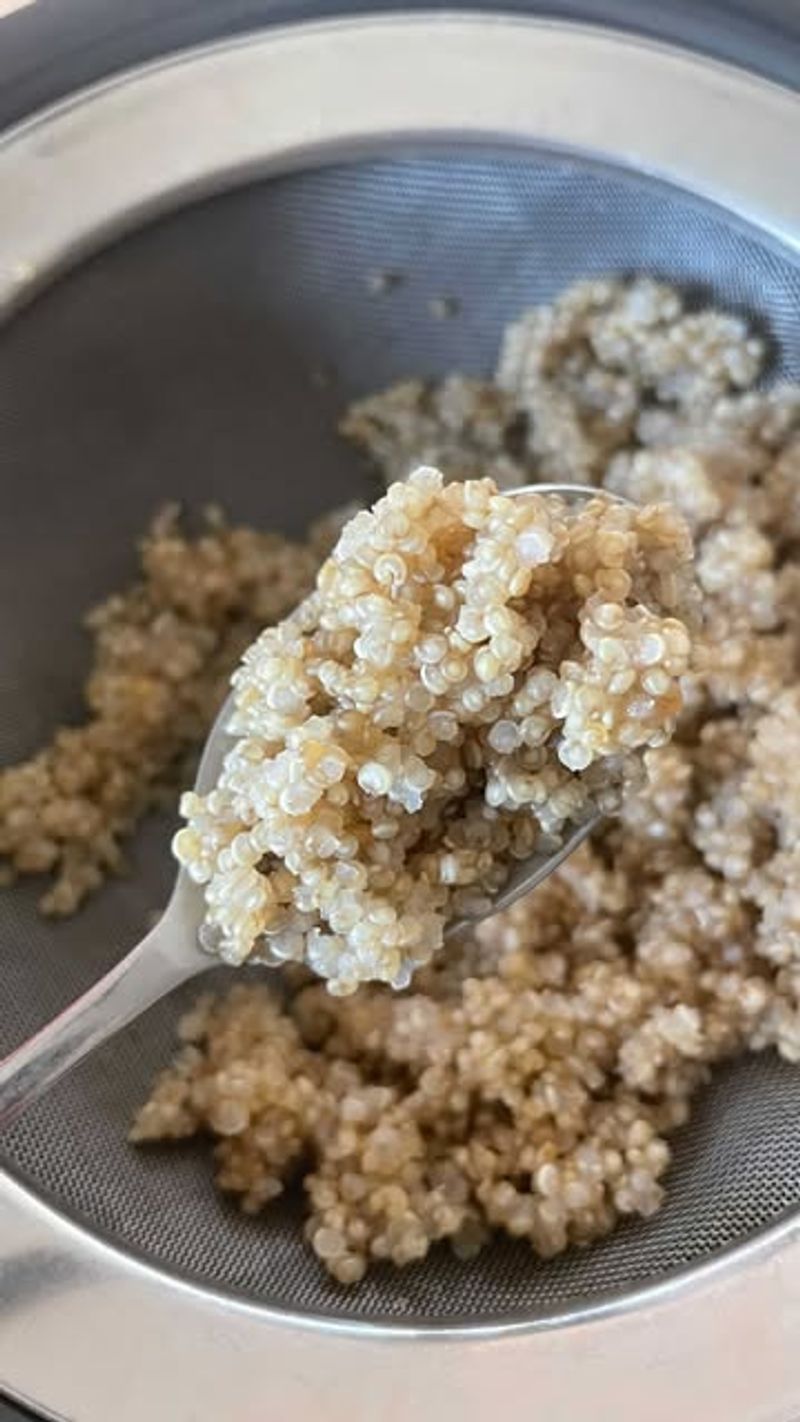
© nehadeepakshah 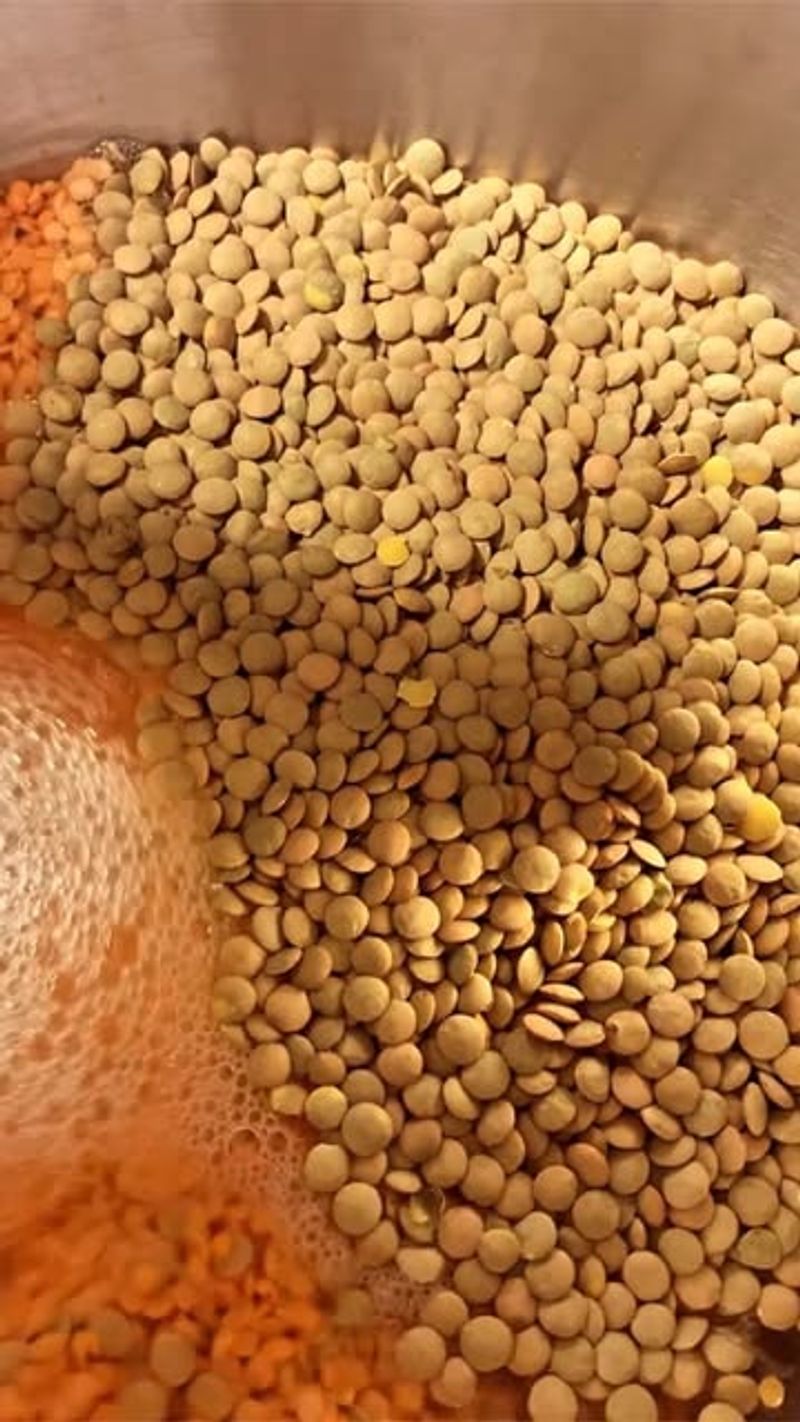
© amanda_c_dougherty 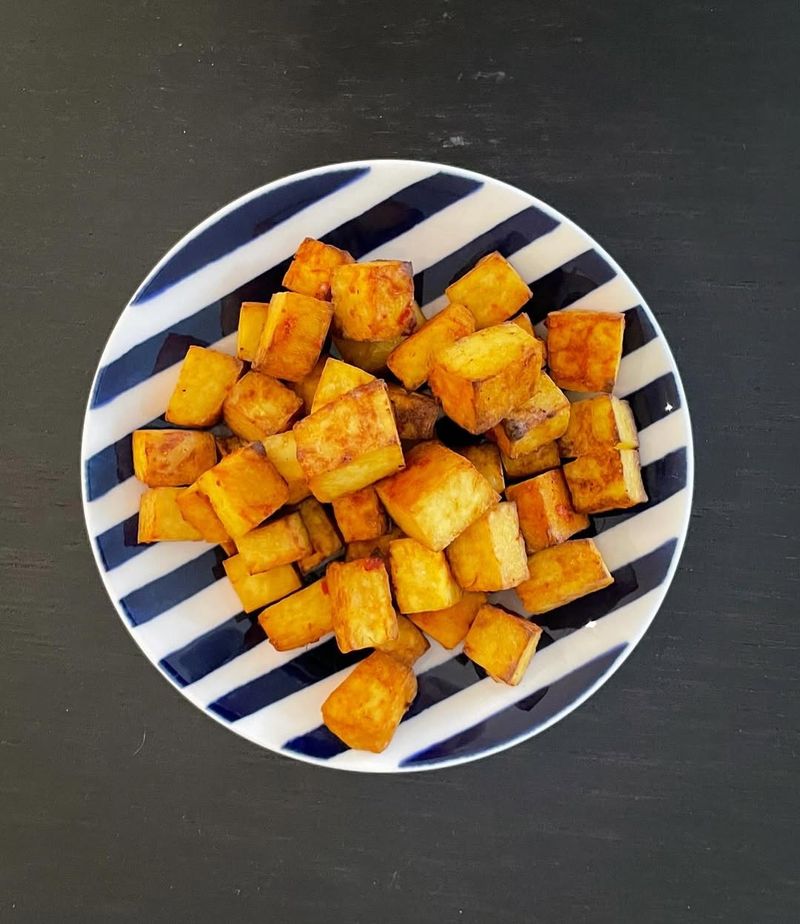
© traderjoesairfry 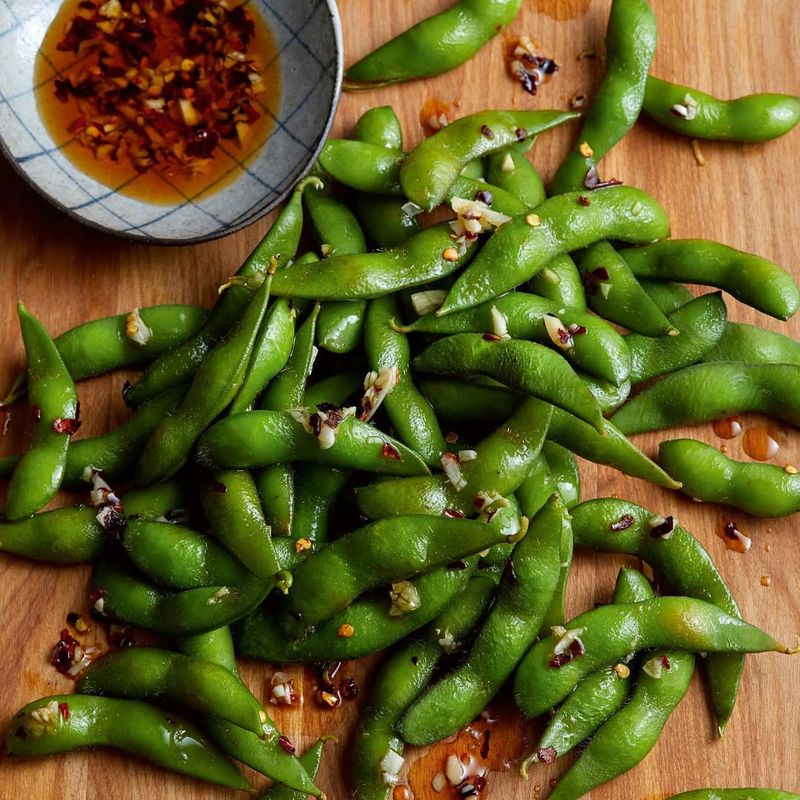
© joybauer 
© that.salad.lady 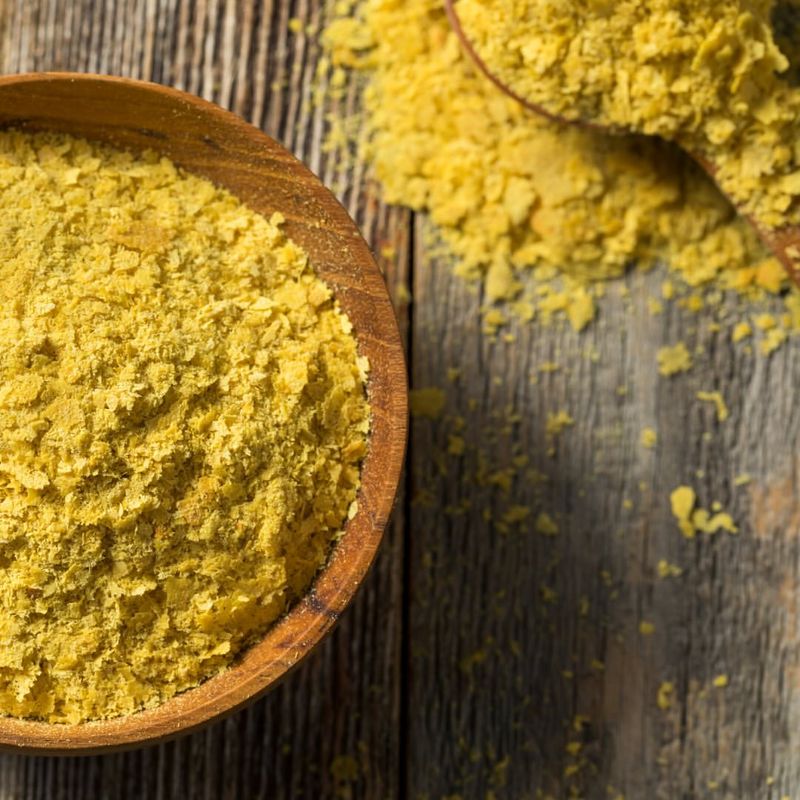
© nussli118 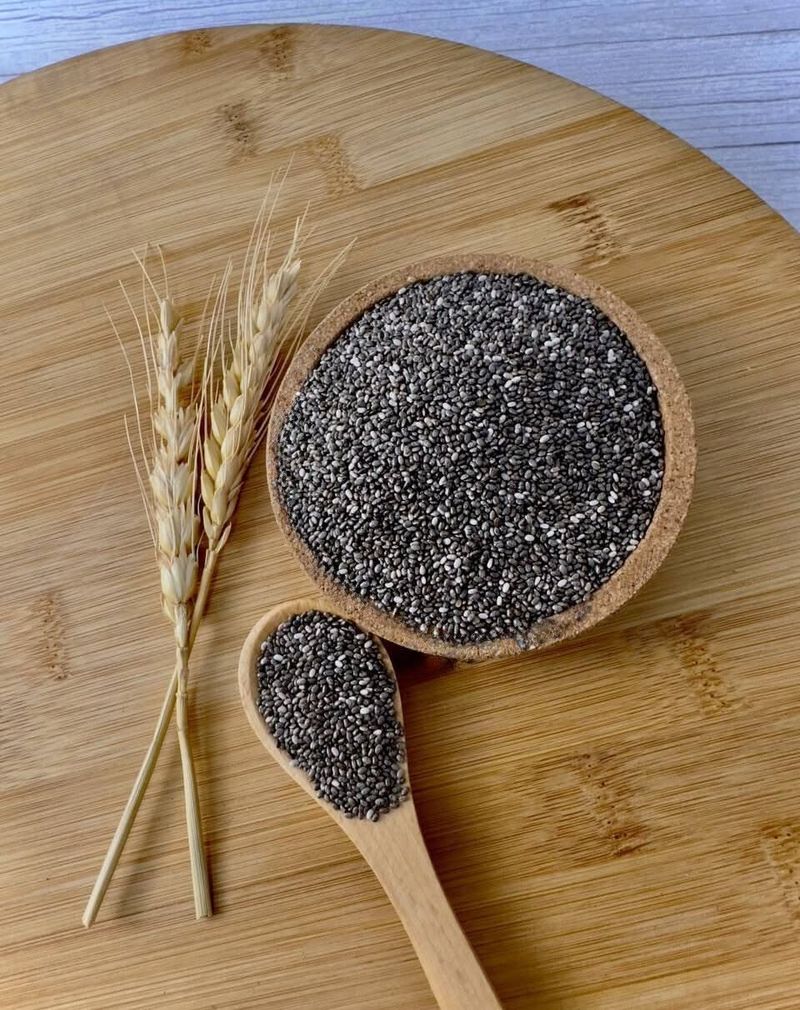
© gardenpicks 
© vegscratchkitchen 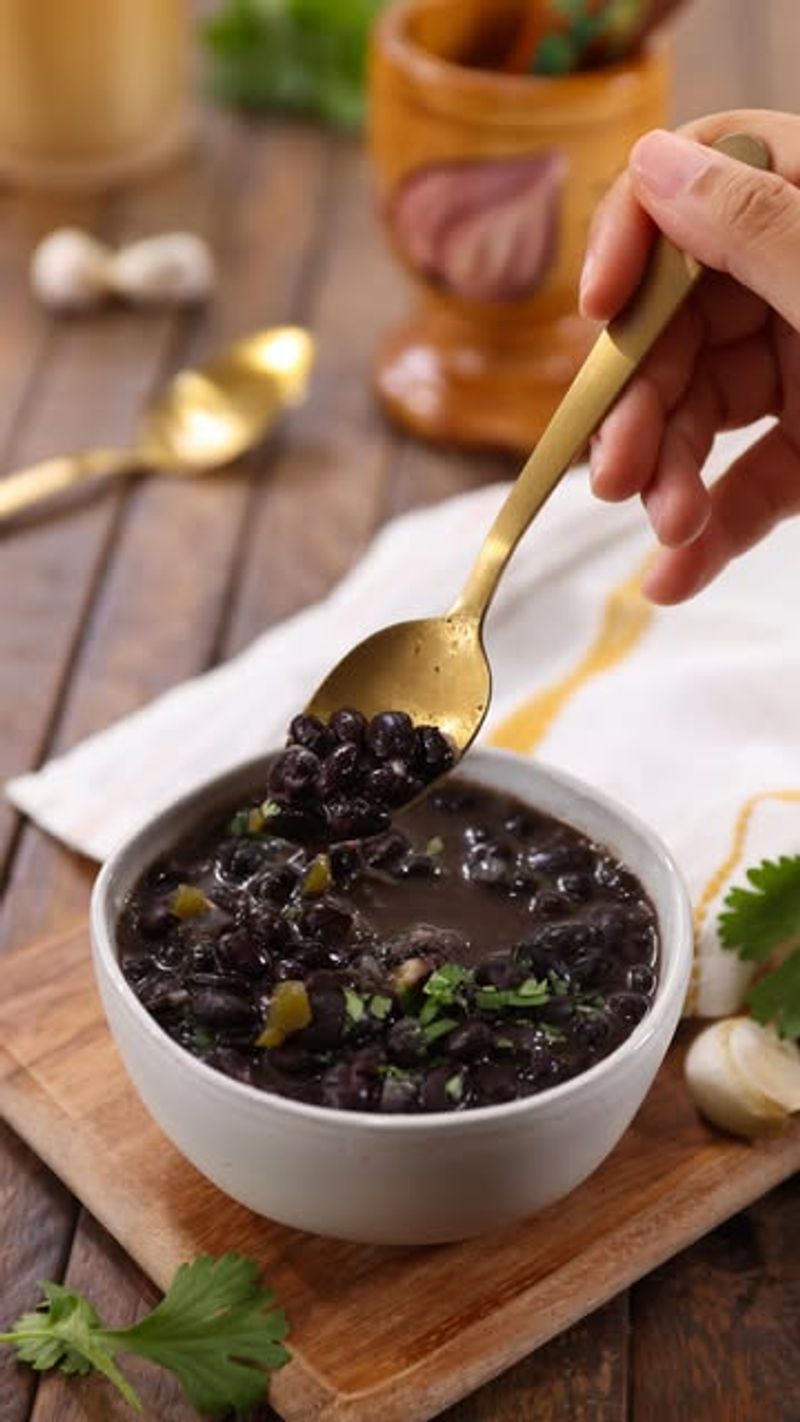
© chef.zee 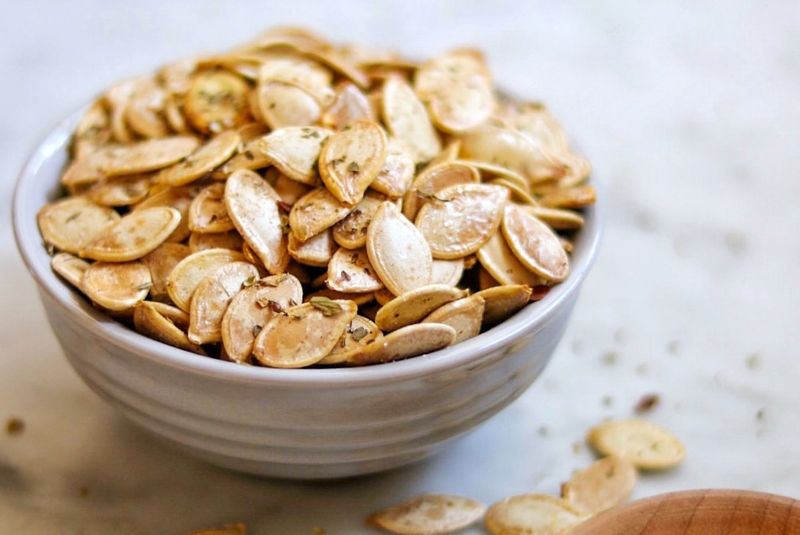
© fabeveryday 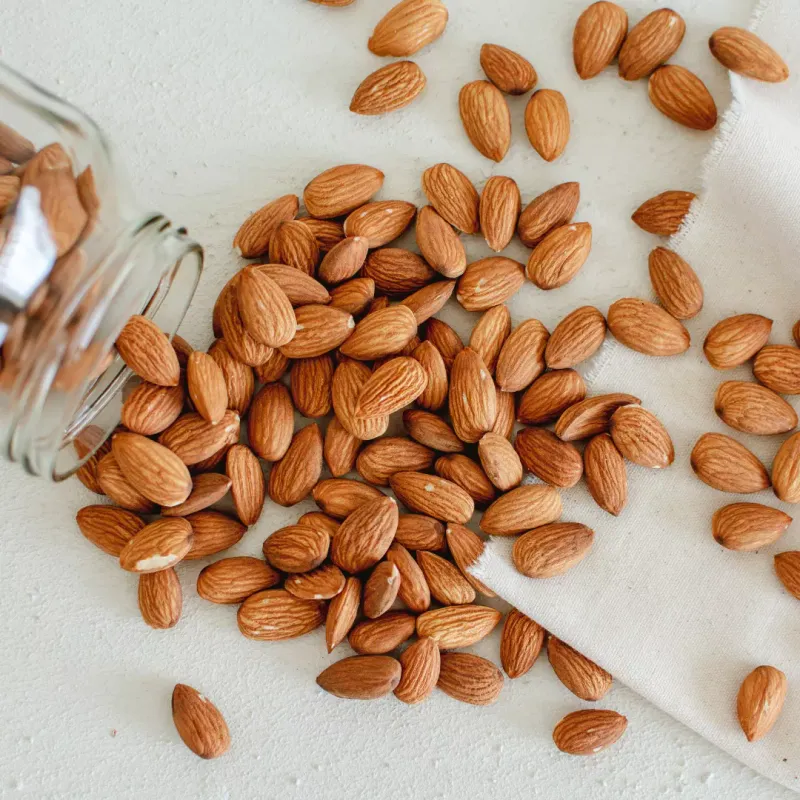
© australianalmonds 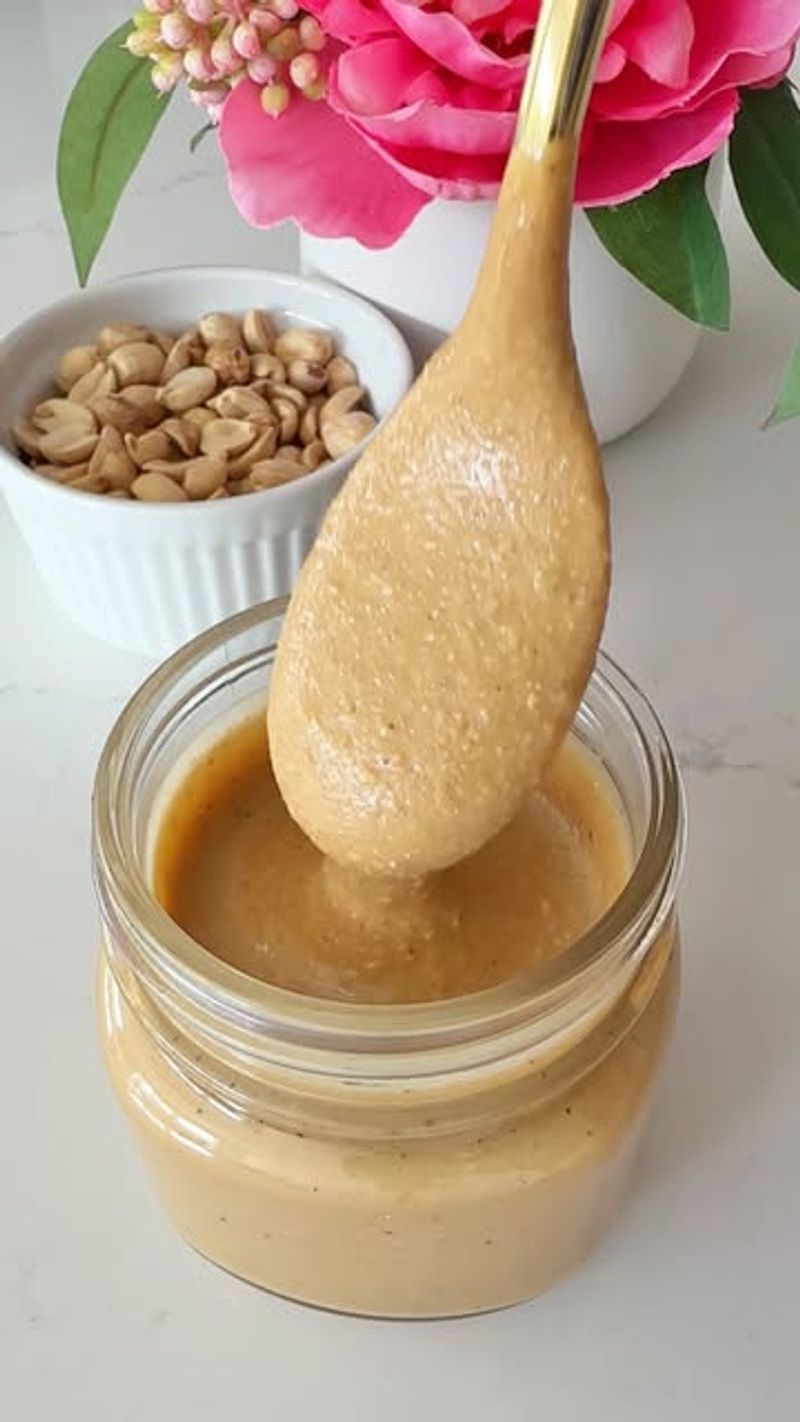
© lindsay.keosayian 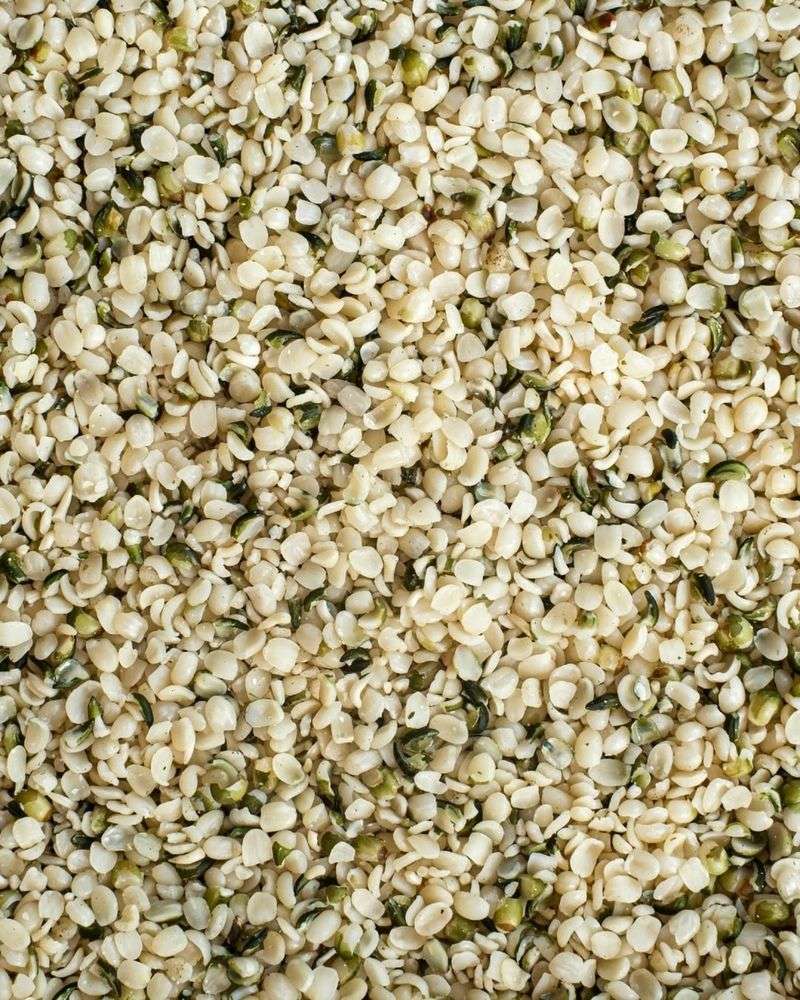
© purecocobeet 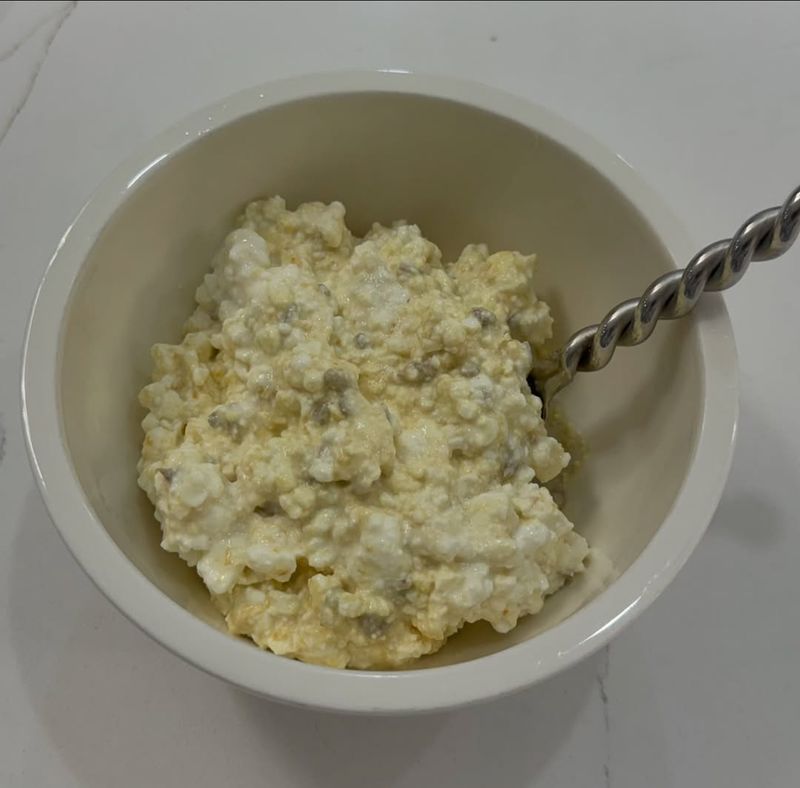
© happylifestyleliving 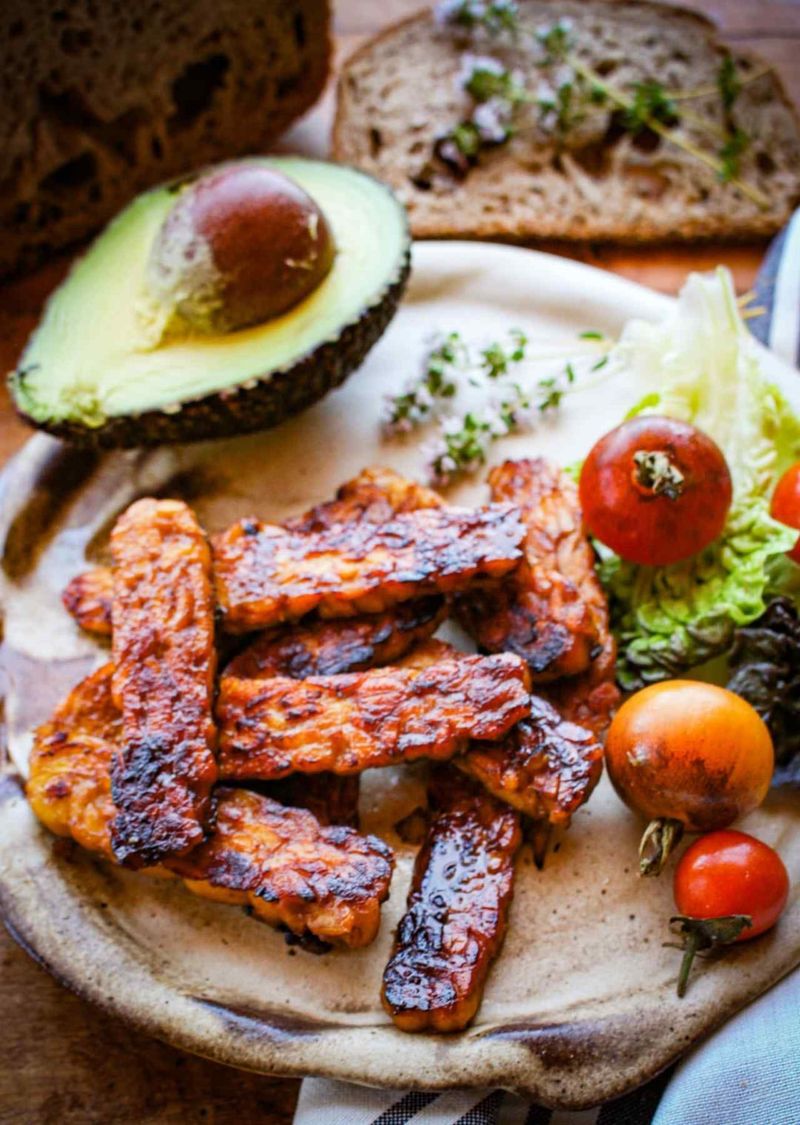
© sharonpalmerrd 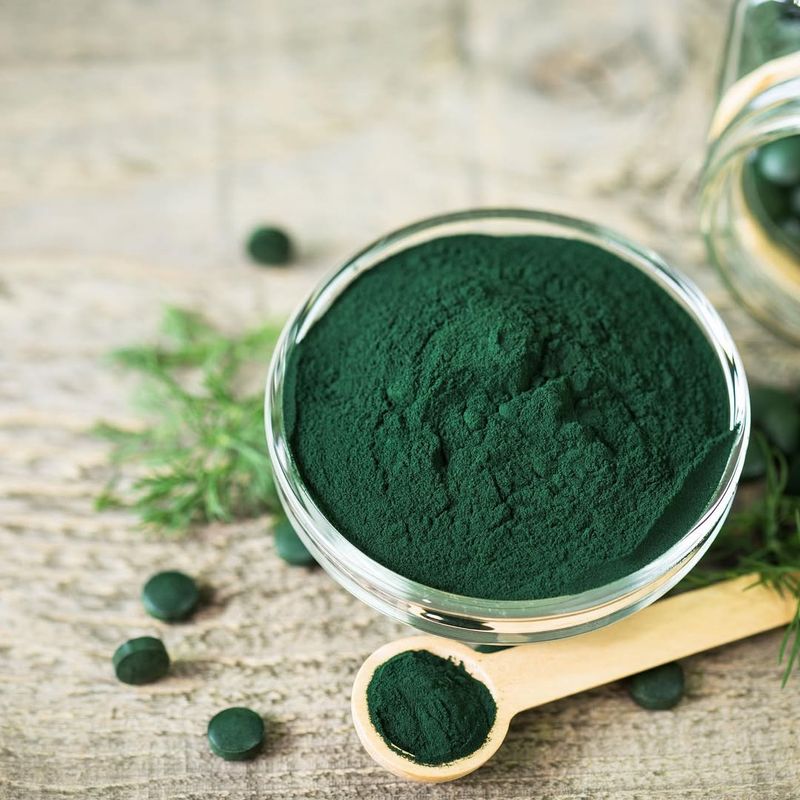
© juicebarorlando 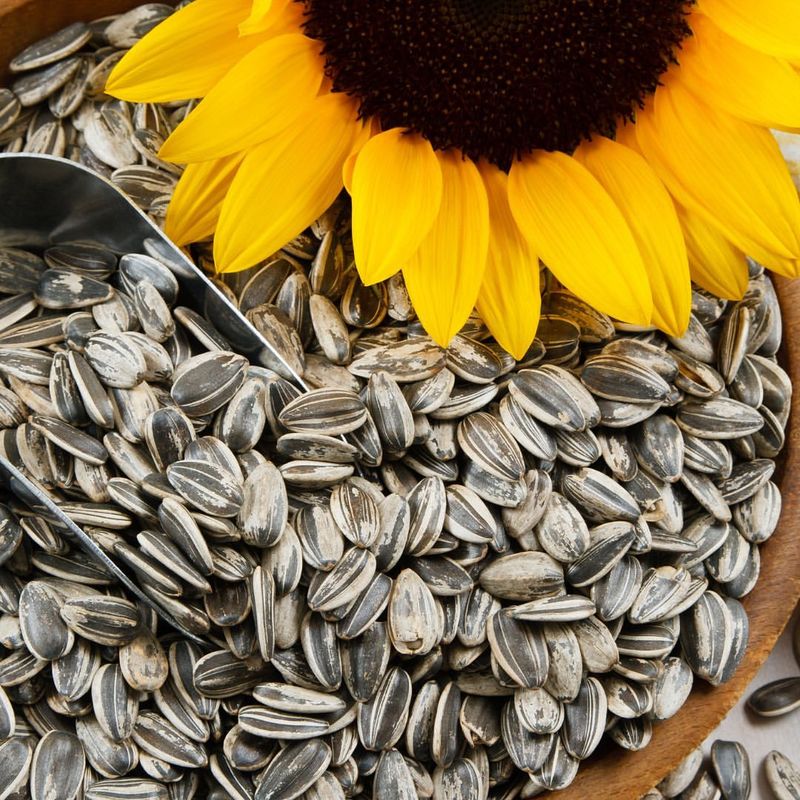
© g_plans 
© cedarshadefarm 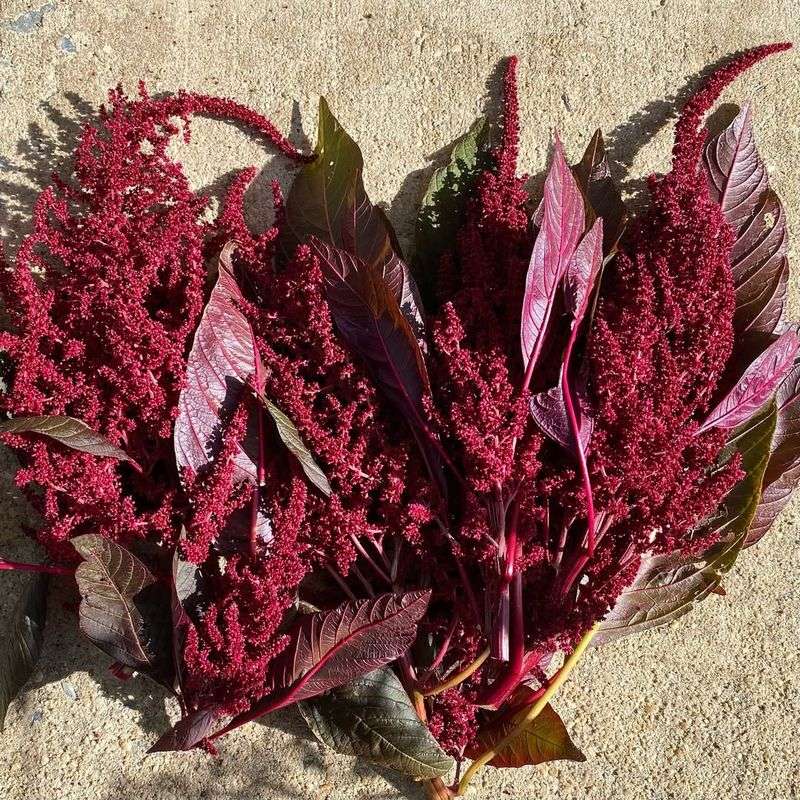
© designatbarnard 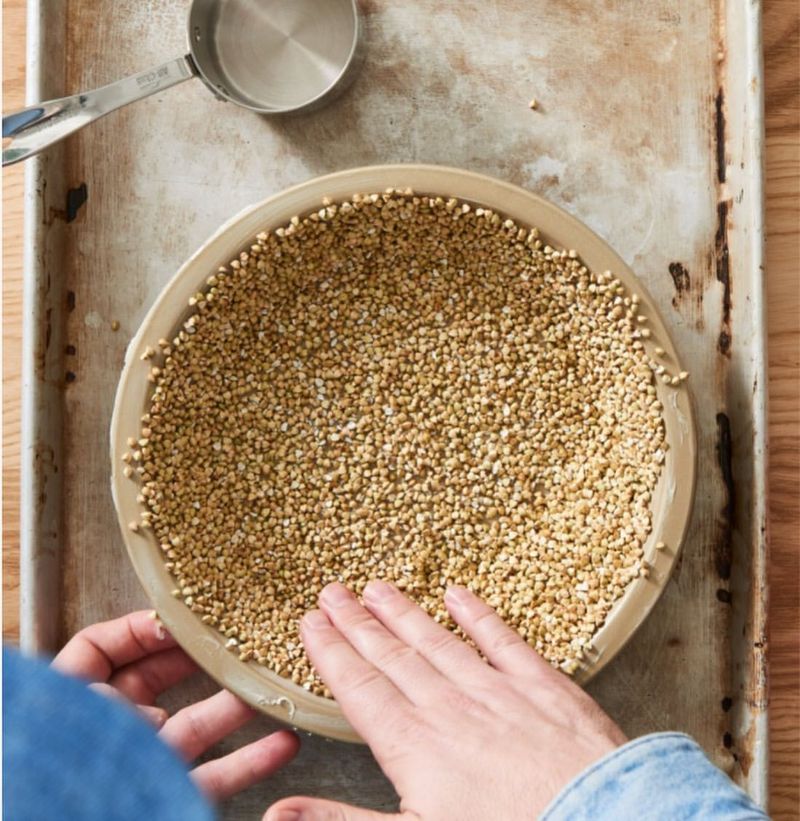
© jj__mc 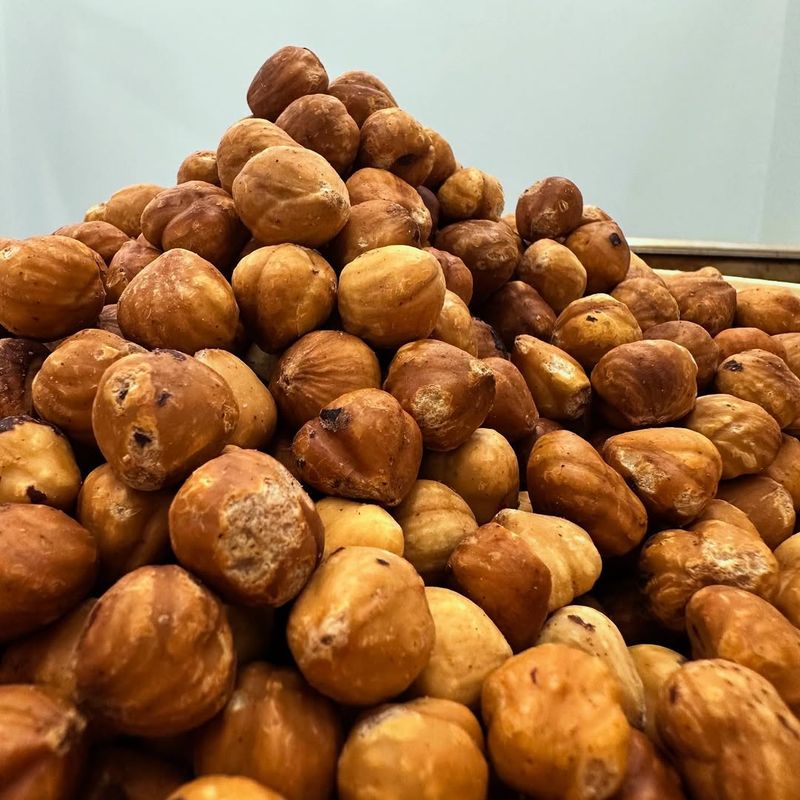
© lickerssg 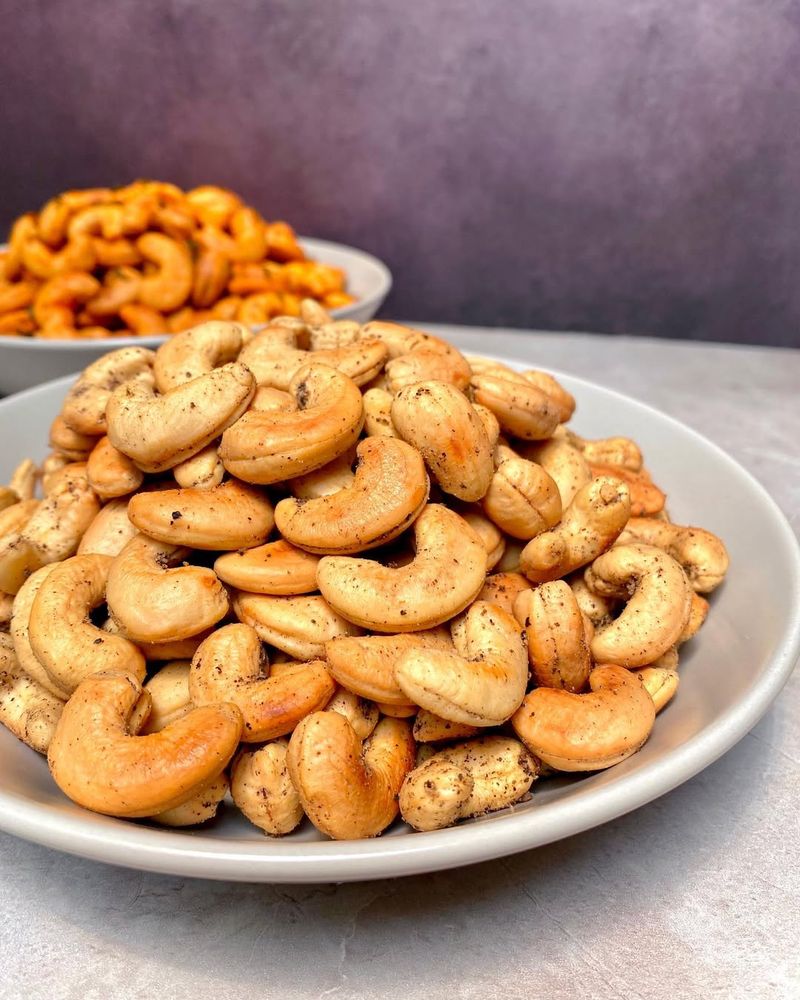
© thehouseofspices
1. Chickpeas

2. Quinoa

3. Lentils

4. Tofu

5. Edamame

6. Greek Yogurt

7. Nutritional Yeast

8. Chia Seeds

9. Seitan

10. Black Beans

11. Pumpkin Seeds

12. Almonds

13. Peanut Butter

14. Hemp Seeds

15. Cottage Cheese

16. Tempeh

17. Spirulina

18. Sunflower Seeds

19. Peas

20. Amaranth

21. Buckwheat

22. Hazelnuts

23. Cashews

